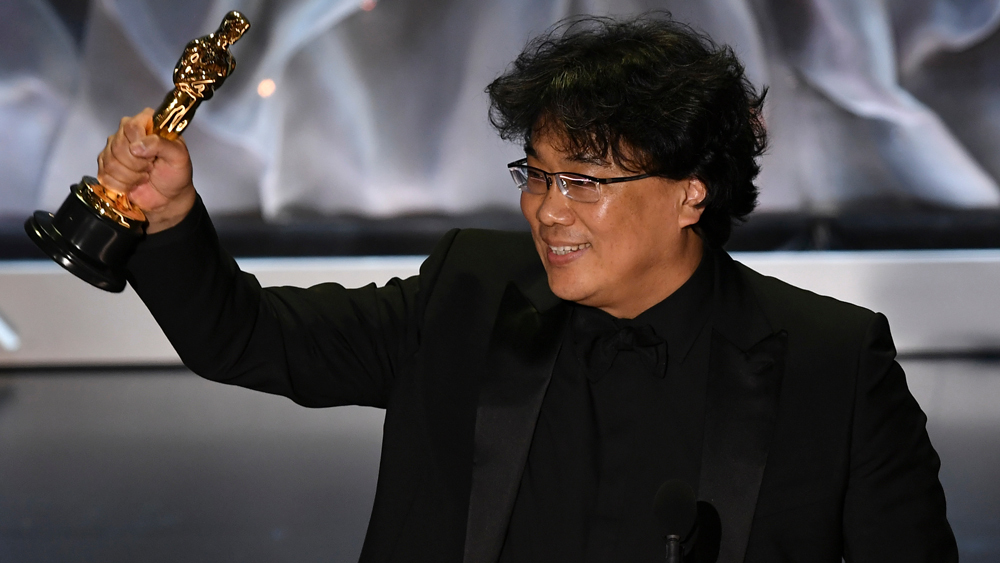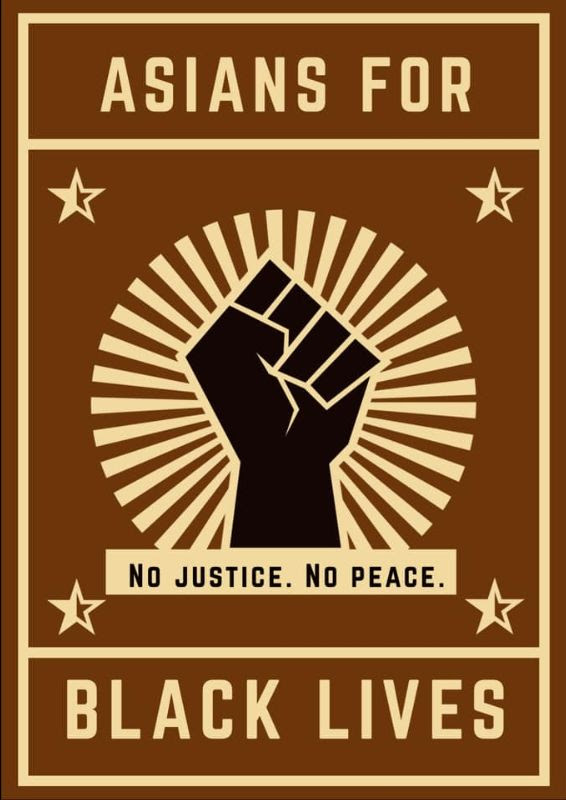Bong Joon-Ho’s “Parasite” — a compelling exploration of class inequality in South Korea — has received near-universal critical acclaim. The first Korean film to win the prestigious Palme d’Or at Cannes, and the first non-English language film to receive the Outstanding Performance by a Cast award at the Screen Actors Guild (SAG) Awards, “Parasite” made history tonight when it also became the first non-English language film to win the Best Picture Academy Award.
In total, “Parasite” — which was released on Blu-Ray last week — received four of the six Academy Awards for which it was nominated: in addition to Best Picture, the film was awarded Best Foreign Language Film, Best Original Screenplay and director Bong Joon-Ho was awarded Best Director.
Prior to tonight, Bong Joon-Ho called out the narcissism of American Hollywood while claiming the Best Foreign Language Film prize at the Golden Globes. “Once you overcome the 1-inch-tall barrier of subtitles, you will be introduced to so many more amazing films,” he said in his acceptance speech.
This is a truism many of us familiar with non-American film already recognize: amazing films are made around the world, and (whether in America or abroad) in languages other than English. Indeed, some of my earliest memories of of fantastic films are Chinese-language films introduced to me by my parents. And yet, only rarely do non-English films (even American-made ones like “The Farewell”) get recognized or celebrated by Hollywood — a trend that underscores the many ways that non-white films are still Other-ized.
Moments after accepting the Best Picture Oscar, Bong reminded reporters that “Parasite”‘s win should not be exceptional. Chiding Hollywood that they need to catch up with audiences who already appreciate foreign language film through streaming services, Bong said, “I think we are all connected. So naturally, we will come to a day when… a foreign language film winning this won’t really be much of an issue.”
Sadly, that day may still be far off: there are still some Americans who have a hard time appreciating non-English-language art and artists. Moments after Bong won Best Screenplay along with his co-writer Han Jin-Won, conservative commentator Jon Miller took to Twitter to complain about Bong’s acceptance speech, which was delivered primarily in Bong’s native Korean. “These people are the destruction of America,” lamented Miller, clearly angered by the distinct sound of ‘Other’ emanating from his television. That tweet was almost instantaneously ratio’d.
(Miller later ‘clarified’ that by “these people”, he meant members of the Academy who voted for “Parasite”, even though that explanation is nonsense in the context of his original tweet.)
Writer-director Taika Waititi also made history tonight by becoming the first person of Maori descent to win an Academy Award; he received an Oscar for Best Adapted Screenplay for “Jojo Rabbit”. In a separate landmark moment, Waititi delivered the first-ever land acknowledgment to be aired at an Academy Awards ceremony.
Despite these historic firsts, this year’s Academy Awards had — like years previous — been criticized for the ways in which it has overlooked people of colour. Only one non-white actor — Cynthia Erivo — was nominated in any of the acting categories. (And no, Scarlett Johansson doesn’t count.)
The Oscars are still far too white, and the Academy — and perhaps some American moviegoers, too — still have a long, long way to go.
Indeed, outside of a few landmark moments, this year’s Oscars still mostly celebrated a cohort of white actors, directors, and producers. As Janelle Monáe pointedly declared in her opening act for tonight’s awards, the Oscars are still far too white, and the Academy — and perhaps some American moviegoers, too — still have a long, long way to go.


